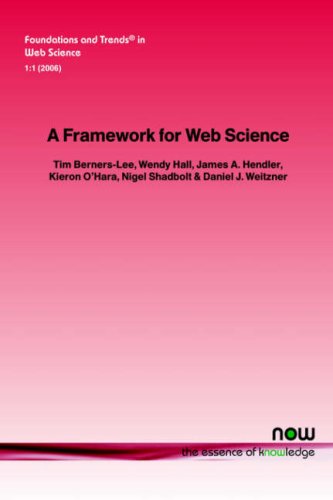Natural Language Processing vs. Semantic Web
NLP works well statistically; the SW, in contrast, requires logic and doesn't yet make substantial use of statistics. Natural language is democratic, as expressed in the slogan 'meaning is use' (see Section 5.1 for more discussion of this). The equivalent in the SW of the words of natural language are logical terms, of which URIs are prominent. Thus we have an immediate disanalogy between NLP and the SW, which is that URIs, unlike words, have owners, and so can be regulated. That is not to say that such regulation will ensure immunity from the meaning drift that linguists detect, but may well provide sufficient stability over the short to medium term.
Notes:
A short comparison of the difference between NLP and SW in terms of processing, algorithms, structure, and emergence. NLP is described as 'democratic', where the power of SW is that URIs 'have owners,' meaning they are a top-down construct. Perhaps this is the problem of the Semantic Web and why it may never catch on: the web favors emergent semantics and democratized development.
Folksonomies: web science semantic web natural language processing
Taxonomies:
/technology and computing (0.444005)
/science/computer science/artificial intelligence (0.380040)
/science/mathematics/statistics (0.203864)
Keywords:
natural language (0.993060 (positive:0.400777)), Semantic Web (0.869032 (negative:-0.421181)), Language Processing vs (0.841874 (positive:0.540345)), SW (0.769787 (negative:-0.010421)), NLP (0.672423 (positive:0.153939)), top-down construct (0.669167 (neutral:0.000000)), meaning drift (0.653014 (neutral:0.000000)), emergent semantics (0.652937 (neutral:0.000000)), sufficient stability (0.635411 (positive:0.244408)), short comparison (0.630764 (negative:-0.267557)), URIs (0.625605 (neutral:0.000000)), immediate disanalogy (0.616263 (positive:0.255932)), medium term (0.610078 (positive:0.244408)), logical terms (0.609238 (positive:0.258341)), owners (0.482328 (neutral:0.000000)), words (0.470517 (positive:0.258341)), slogan (0.460147 (positive:0.411485)), emergence (0.456427 (neutral:0.000000)), immunity (0.454980 (neutral:0.000000)), contrast (0.453365 (neutral:0.000000)), difference (0.451584 (negative:-0.267557)), equivalent (0.450504 (positive:0.258341)), detect (0.447462 (neutral:0.000000)), algorithms (0.444613 (neutral:0.000000)), structure (0.444153 (neutral:0.000000)), power (0.443331 (neutral:0.000000)), regulation (0.442866 (neutral:0.000000)), problem (0.442355 (negative:-0.574805)), development (0.441895 (neutral:0.000000))
Entities:
Natural language:FieldTerminology (0.785308 (positive:0.400777)), Semantic Web:FieldTerminology (0.756911 (negative:-0.421181))
Concepts:
Linguistics (0.953173): dbpedia | freebase | opencyc
Semantics (0.816228): dbpedia | freebase | opencyc
Language (0.669408): dbpedia | freebase | opencyc
Natural language processing (0.636639): dbpedia | freebase | opencyc
Semantic Web (0.627550): website | dbpedia | freebase | yago
Natural language (0.574212): dbpedia | freebase | opencyc
Mathematics (0.571959): dbpedia | freebase | opencyc
Semiotics (0.553969): dbpedia | freebase | opencyc





